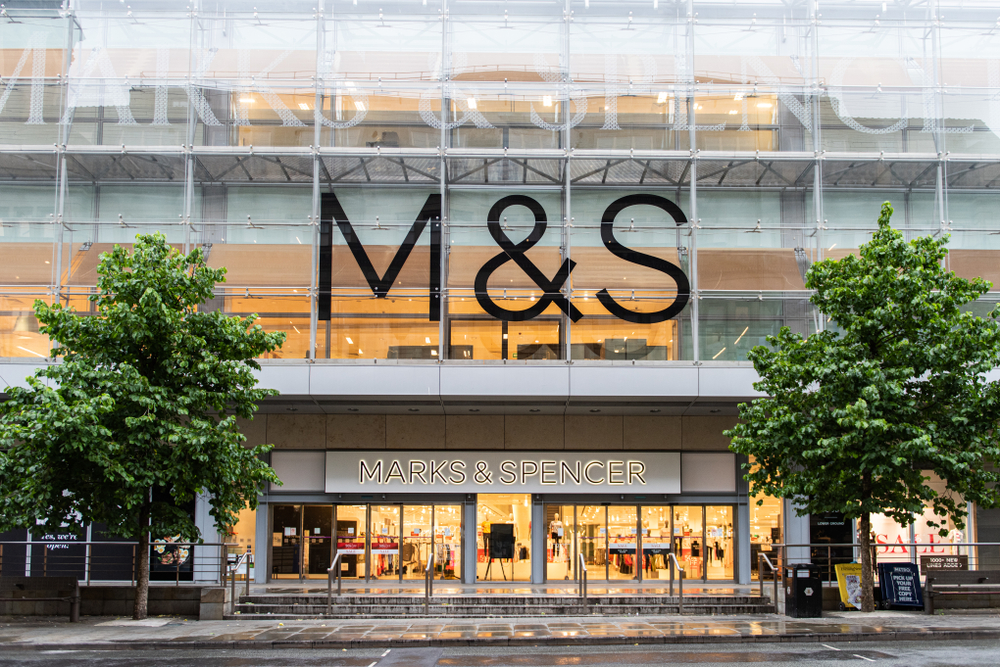Online shopping is helping the high street to fight back despite a flood of retailer administrations since Christmas, new figures suggest.
For while companies such as Jessops, HMV and more recently Republic have gone into administration, prompting forecasts of the death of the high street, the overall shop vacancy rate has fallen, according to a new report. The Local Data Company’s (LDC) latest report found that the shop vacancy rate fell to 14.2% in 2012 from 14.3% in 2011. That reverses a trend that had previously seen vacancies increase for three years.
That’s down to online shopping, says Matthew Hopkinson, LDC director. He said: “Online is driving growth for a majority of retailers and so 2013 is all about the supporting roles that shops will have as ‘customer experience’ centres and showrooms, as much as transactions through their till.”
He said this would “inevitably” mean fewer shops are needed. He added: “The pressure between online and rising costs of running a shop on the High Street due to rents, rates and parking charges is likely to become an increasingly hot topic.”
The report comes after a year in which a number of retailers, from Carpetright to Arcadia, have moved to ‘right size’ their retail estates in view of both the growing proportion of sales made online, and the influence of the internet on shopper research. In September Deloitte argued that retailers must rethink their retail store networks as the nature of the high street changes. The move to do so recognises the continuing importance to shoppers of maintaining high street stores in convenient locations.
Retail marketing expert Dr Scott Dacow says shops must offer customers something unique if they are to survive the ongoing radical transformation of the UK high street.
His comments came in the wake of BRC figures that show retail sales fell by 0.6% in January, while online sales grew by more than 8%.
Dr Dacko, asssociate professor of marketing and strategic management at Warwick Business School, believes the high street will ultimately survive.
He said: “There is so much online competition that stores need to differentiate themselves to survive.
“On the one hand they need to be seamlessly integrated with their online offerings. And at the same time they need to offer something different in their stores.
“It is too easy for consumers to make price comparisons these days, so it makes sense that stores look to make themselves different.
“They can do that by emphasising local needs, which could be the bakery or butchers using locally-sourced food. Or they can offer a unique ambience, a unique shopping experience, Wi-Fi, high quality products or service. They could offer exceptional value like the 99p stores or click and collect.”
Dr Dacko also believes the UK high street will see more and more shops become depots, where they become places for shoppers to collect items they have bought online.
“Over the very long term a number of shops will increasingly become like hubs or depots where it is convenient for people to pick up orders placed online,” said Dr Dacko. “Clearly we are seeing that ‘click and collect’ is growing in use as we have seen with the recent success Argos has had.”
Dr Dacko believes retailers have to be smart to make sure their shops not only offer something unique but dovetails with their online presence.
“These companies that have gone to the wall recently have not been sufficiently adept with their marketing strategies,” said Dr Dacko. “For one thing, many have not had a sufficient online impact, which is increasingly vital.
“HMV tried to diversify into live music and electronics, but such actions tried to compensate for rather than address the core problem of lost sales to online retailers. There will be others, too, who, similarly will not get their combined brick-and-mortar and online retail marketing strategy right.”








